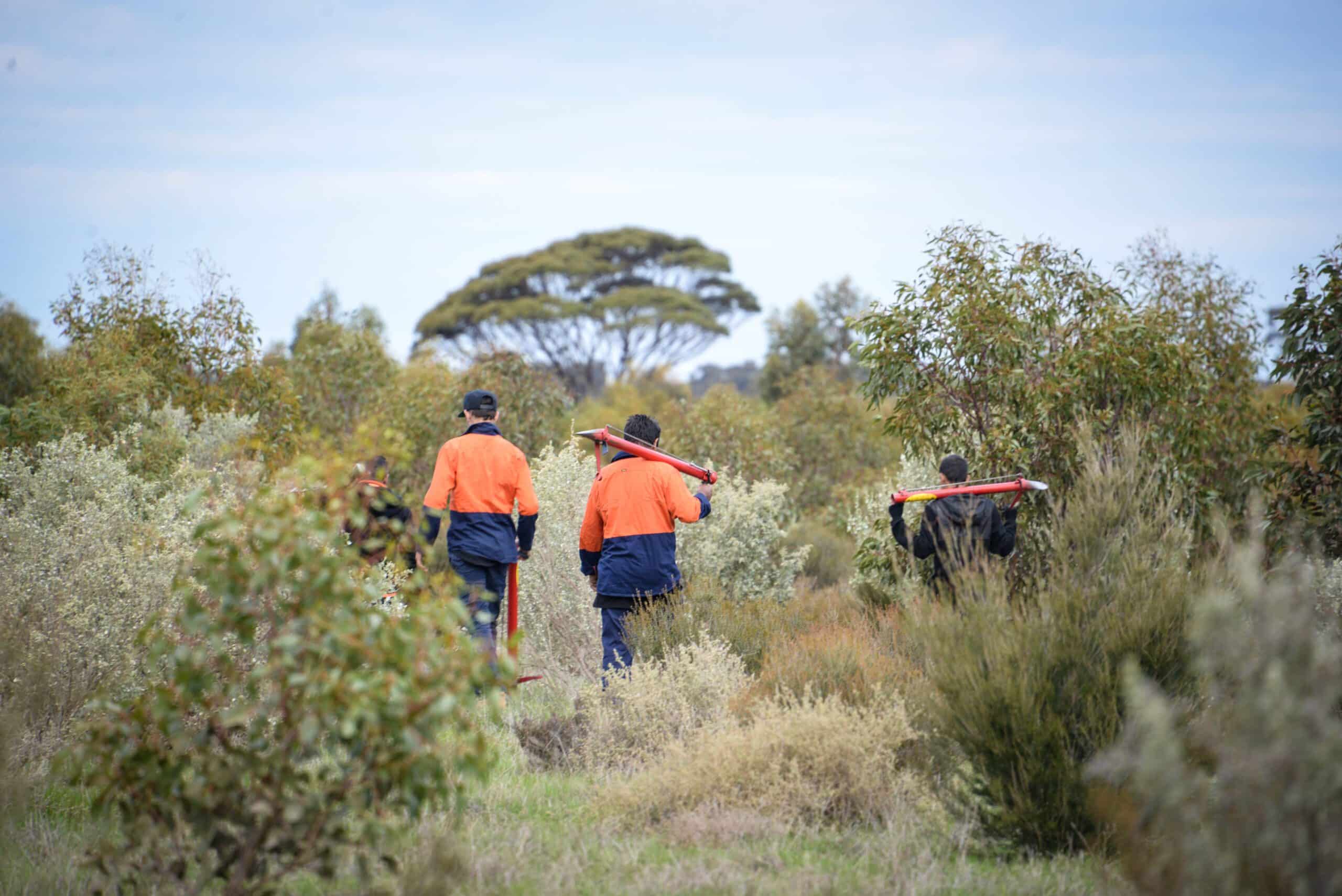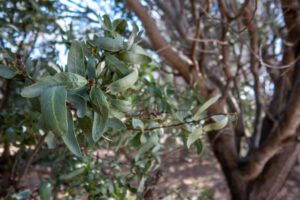Research

IPCC Report: Stark warnings; Practical Action.
If the recent flooding has shown us anything, it’s that we cannot and should not rely on slow-moving bureaucracies to solve the problems that face us. We can and must take action as individuals, families and communities. The future is in our hands.

Trees, Water and Restoration
There is growing recognition of the relationship that trees and forests play regarding climate change. The interactions between forests, water, and energy provide not only the foundations for carbon storage but for cooling the Earth’s surfaces and distributing our global water resources.

‘Restore Our Earth’ with SERA, a Restoration Conversation
Our work in carbon sequestration has highlighted the importance of restoring native habitats. Since the 1920s, land clearing has been an issue throughout Australia. Over 44% of Australia’s forest and woodlands have been cleared and areas, such as the South West’s biodiversity hotspot, having had a dramatic loss of species biodiversity and abundance. Land clearing doesn’t just result in the devastating loss of vegetation; it also significantly affects surrounding communities, such as erosion, increased salinity, habitat loss, fragmentation, biodiversity loss, species loss, and ecosystem services disruption.
